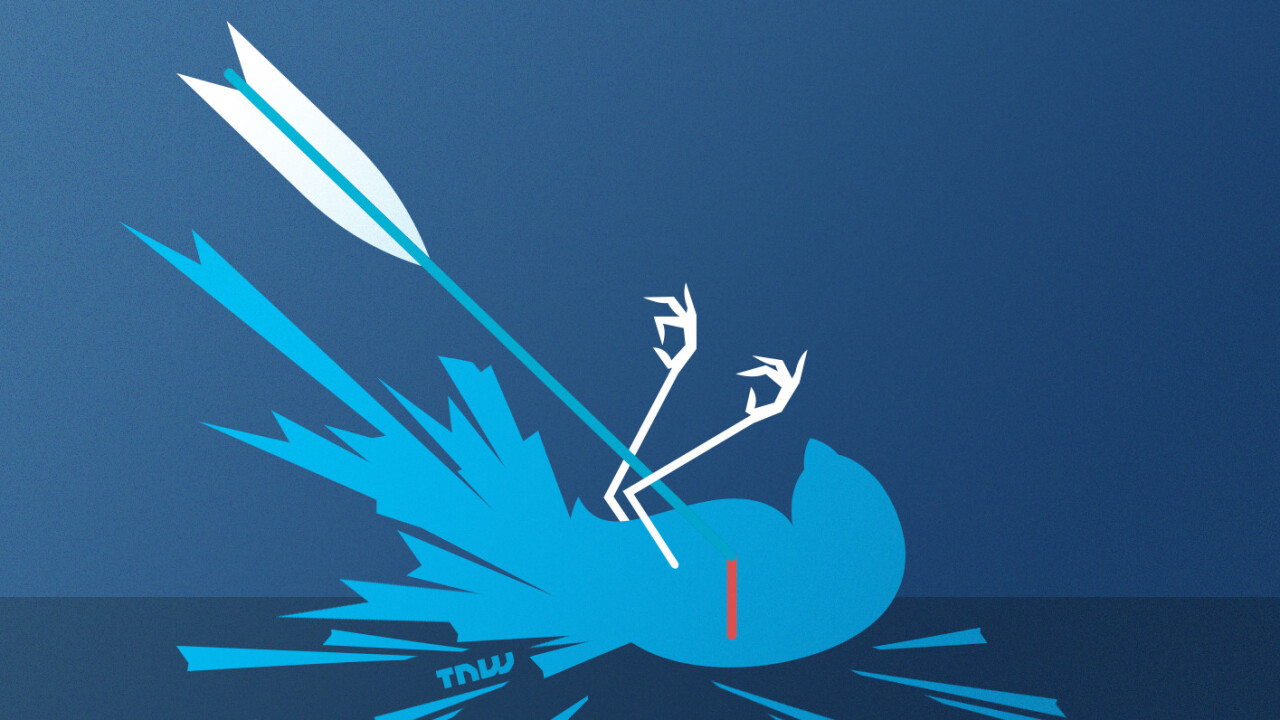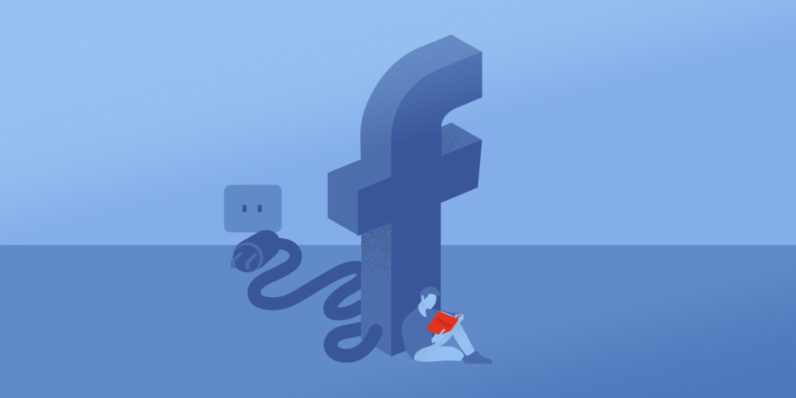
As we’re nearing the end of 2016, social networks are bigger than ever. Billions of people in the world are connected through only a small amount of platforms — the biggest being Facebook, Twitter and Instagram, the last of which announced it passed 600 million monthly active users last week.
Statistically, most of them are doing fine — but in a lot of other ways, it’s been a horrible year for social networks. Facebook is under scrutiny for its surging problem with fake news and Twitter can’t seem to find a way to battle harassment on its service.
More then ever, social networks need to take a step back and take a good look at their services, because the issues they’re facing are extremely serious.
Facebook’s failure

One of the biggest complications the company faced over the last year is the rise of fake news — articles saying things like ‘Donald Trump did 9/11’. It’s like phishing — in some cases, it’s easy for a technologically literate person to spot a fake story in News Feed. But the biggest part of Facebook’s userbase won’t be able to.
It often happens that someone shares a link without checking the source, which can kickstart a flurry of shares within a matter of minutes. It even got to a point where fake stories were outperforming real news during the last months of the US election. And when millions of people rely on it for a big chunk of their daily news, that’s pretty scary.
The company, however, first denied responsibility for its content, proclaiming it didn’t see itself as a news or media company. Earlier this month, however, it announced a collaboration with third party fact checking services to investigate content flagged by users. When a link’s source is disputed by these services, a warning banner is added, but it doesn’t prohibit anyone from still sharing the content. The new system still has to prove itself, and it’ll be impossible for the fact checking team to process the millions of posts on Facebook every day.
Facebook is in the sharing business — it can’t stop people from putting whatever they want on the platform, as any kind of censorship would always be frowned upon by some of its users. While the new system is a good start, there’s no guarantee it’ll fix the problem entirely.
But the enormous influence fake news can have shows it does have a responsibility to make sure its enormous community doesn’t get fed factually wrong information — if it can’t do that, users might flee to an alternative.
Twitter’s troubles

Up until recently, actions to stop harassment have been on a per-case basis, the most notable example being when Breitbart blogger Milo Yiannopoulos got banned from the service after repeatedly harassing Ghostbusters actress Leslie Jones. It marked one of the few times the social network stepped up and changed something, but even though Yiannopoulos was one of the more prominent trolls, deleting one account isn’t going to fix the overall issue.
In November, Twitter announced a couple of features to target hateful messages, either by shielding an account from them by using ‘muted words’ or by reporting tweets containing ‘hate against race, religion, gender or orientation’. It’s another step in the right direction, and shows the company is willing to shake up things to be a better place for everyone. But it might not be enough.
It’s very easy to remain anonymous on Twitter, which makes it easy to say terrible things to people you don’t know. The platforms’ many racist and sexist users can easily lunge out and harass people they don’t like, with their true identity safely remaining in the dark.
And if the company doesn’t change something about that, it’s going to pose a serious threat to its existence.
Get the TNW newsletter
Get the most important tech news in your inbox each week.




